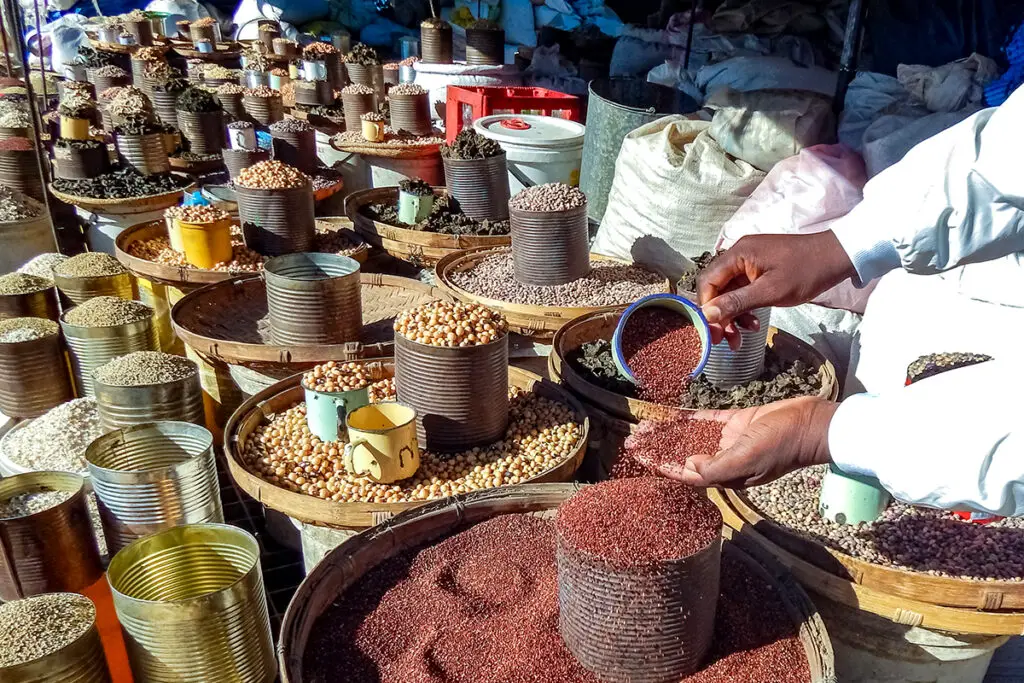Commodity exchanges are organized marketplaces that facilitate the trading of agricultural commodities such as grains, livestock, and even precious metals. These exchanges provide a structured environment for buyers and sellers to come together and exchange commodities based on standardized contracts. In Southern Africa, these exchanges have taken on a transformative role in empowering farmers and
[elementor-template id="94265"]
